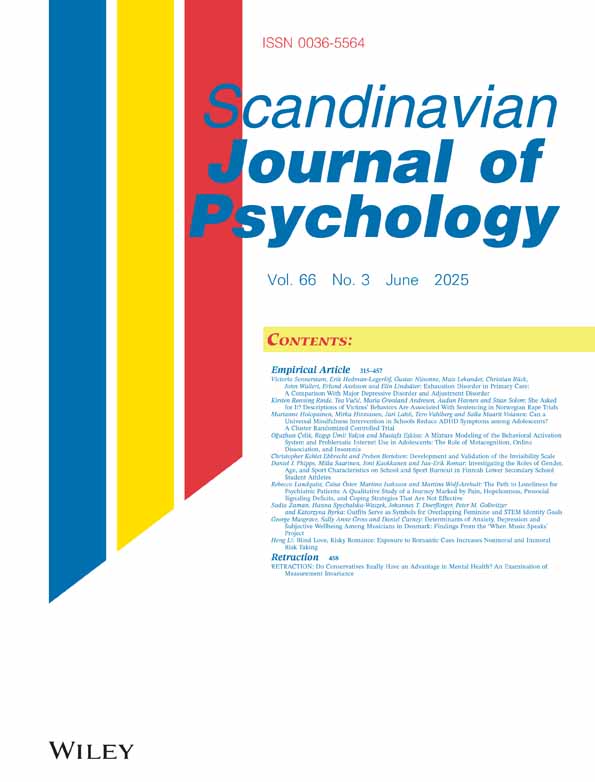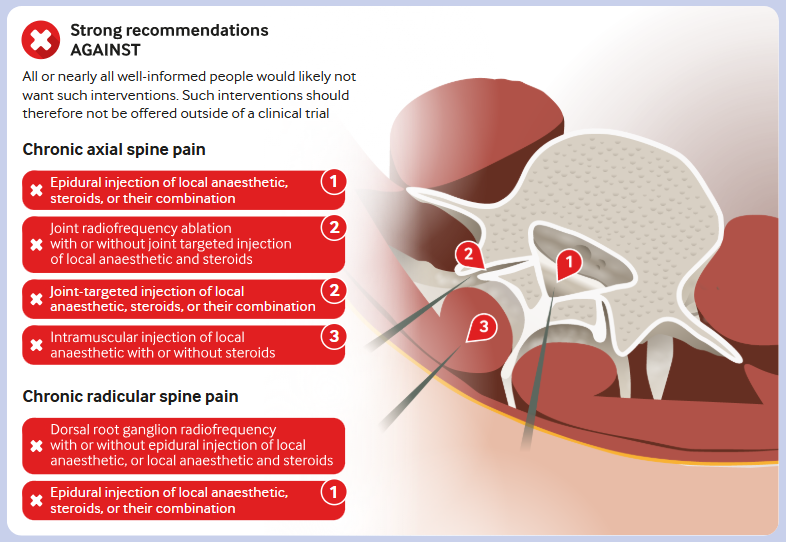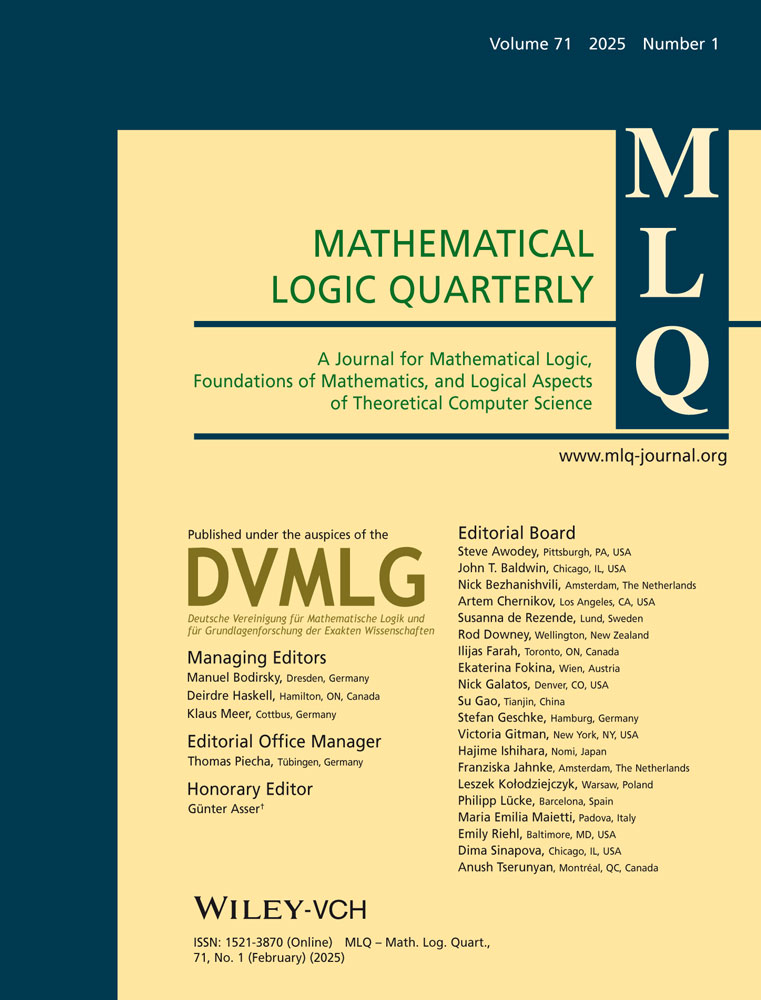Mario Biagioli, a distinguished professor of law and communication at the University of California, Los Angeles — and a pioneering thinker about how academic reward systems incentivize misconduct — passed away in May after a long illness. He was 69.
Among other intellectual interests, Biagioli wrote frequently about the (presumably) unintended consequences of using metrics such as citations to measure the quality and impact of published papers, and thereby the prestige of their authors and institutions.
“It is no longer enough for scientists to publish their work. The work must be seen to have an influential shelf life,” Biagioli wrote in Nature in 2016. “This drive for impact places the academic paper at the centre of a web of metrics — typically, where it is published and how many times it is cited — and a good score on these metrics becomes a goal that scientists and publishers are willing to cheat for.”
Continue reading Remembering Mario Biagioli, who articulated how scholarly metrics lead to fraud








